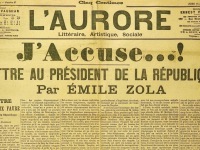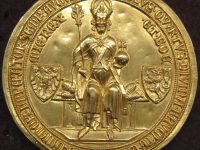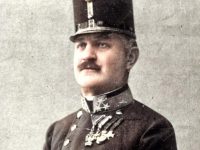The Wonderful Worlds of Jonathan Swift
On November 30, 1667, Anglo-Irish satirist, essayist, political pamphleteer, poet and cleric Jonathan Swift was born. He is probably best remembered for his satire “Gulliver’s Travels” and is regarded as the foremost prose satirist in the English language, who originally published all of his works under pseudonyms. “Satire is a sort of glass, wherein beholders do generally discover everybody’s face but their own.” — Jonathan Swift, The Battle of the Books, preface…
Read more











